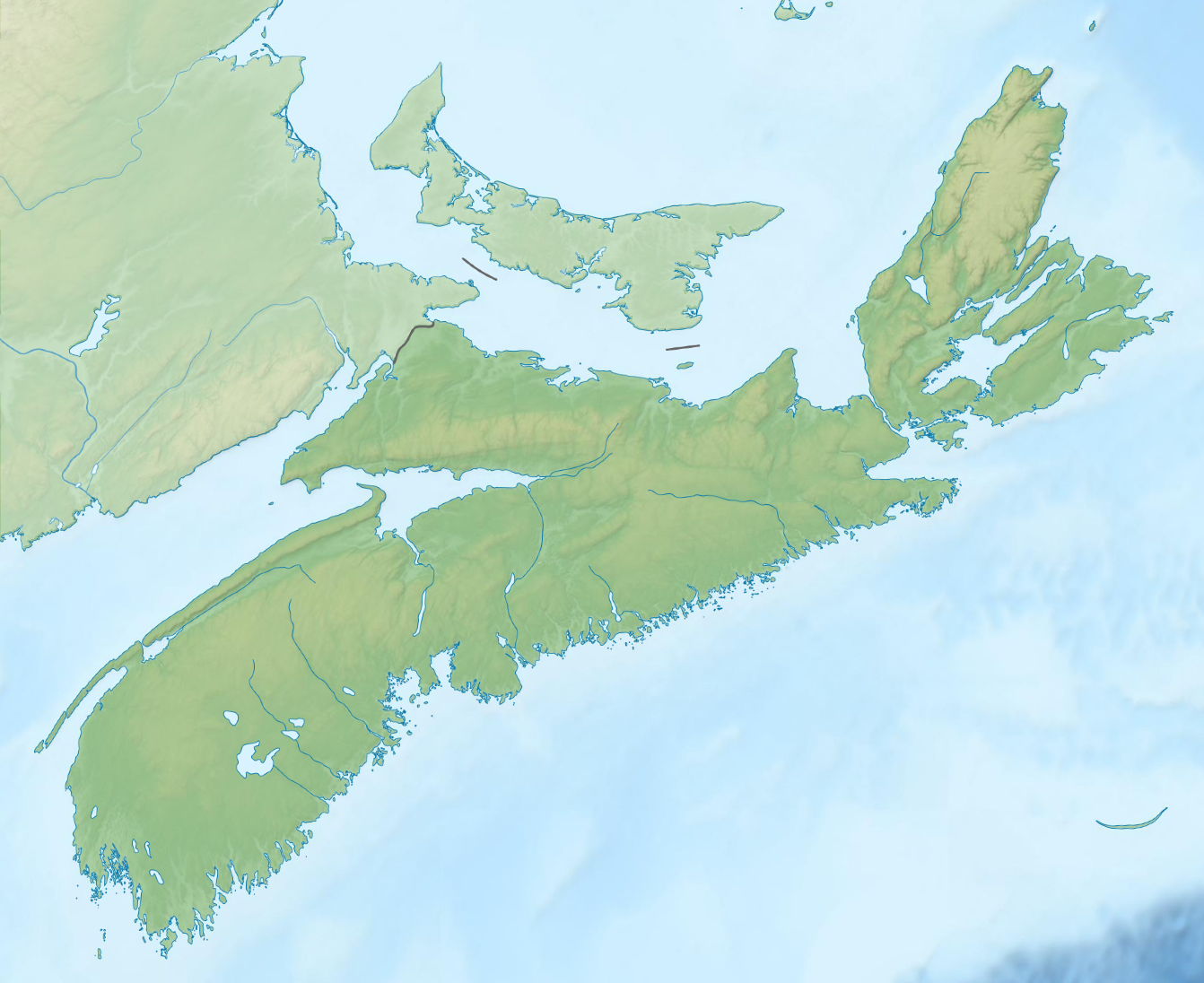Ever seen a ferrofluid, which follows the shape of magnetic fields? Same thing, but with gravity.
Of course, that only accounts for a fraction of those 16 meters… but there’s a lot of ocean water. Get it moving (because the Moon and the Sun move, and the Earth rotates under them, and there’s a whole lot of ocean currents on top of that, due to differences in water temperatures and salinity, and coriolis forces, and winds, and whatnot) and it builds up a lot of inertia.
Push it into geography that keeps narrowing and narrowing like a funnel, and the only place it can go is in, and up.
Water gets in there, wants to get out, but there’s a whole damn ocean pushing it in, so it has no option but to keep accumulating into the funnel.
Also, having the geography look a bit like a Tesla valve that’ll easily let water in but not so easily let it out probably doesn’t help either; place’s bound to get close to overflowing, before it can empty itself out.








I won’t stop eating meat, eggs, or dairy, but if we can take the whole killing and torturing animals out of the process, I’m all for it.
Once we’ve got affordable synthetic equivalents (and I mean equivalents; synthetic milk you can make proper cheese with, cold meats, steak, ribs, eggs, anything you can make with an animal), we should outright ban using animals for food.
(Except for birds, of course. Fuck birds. Should’ve gone extinct 65 million years ago with the rest of the dinosaurs, the bastards.)